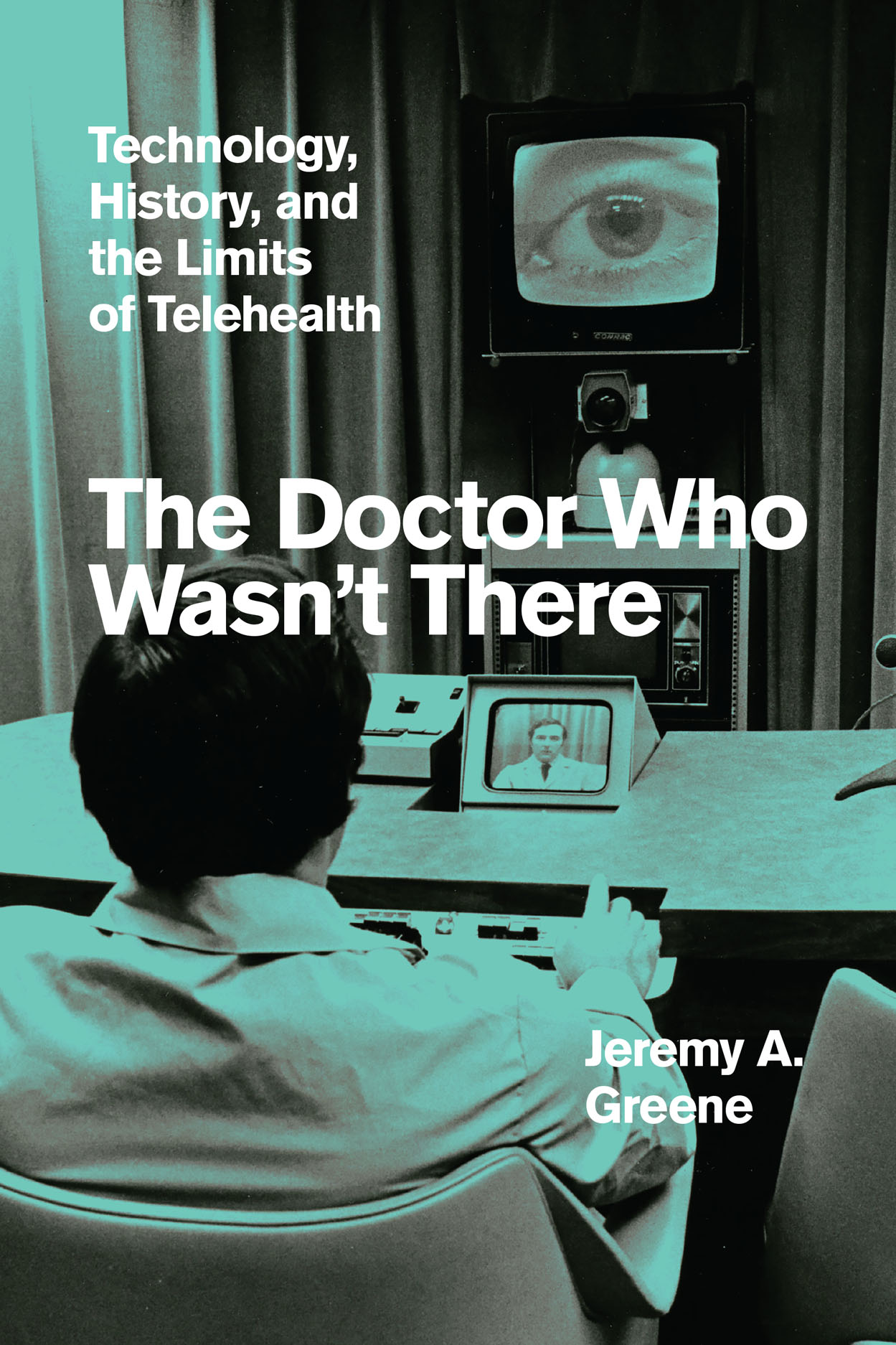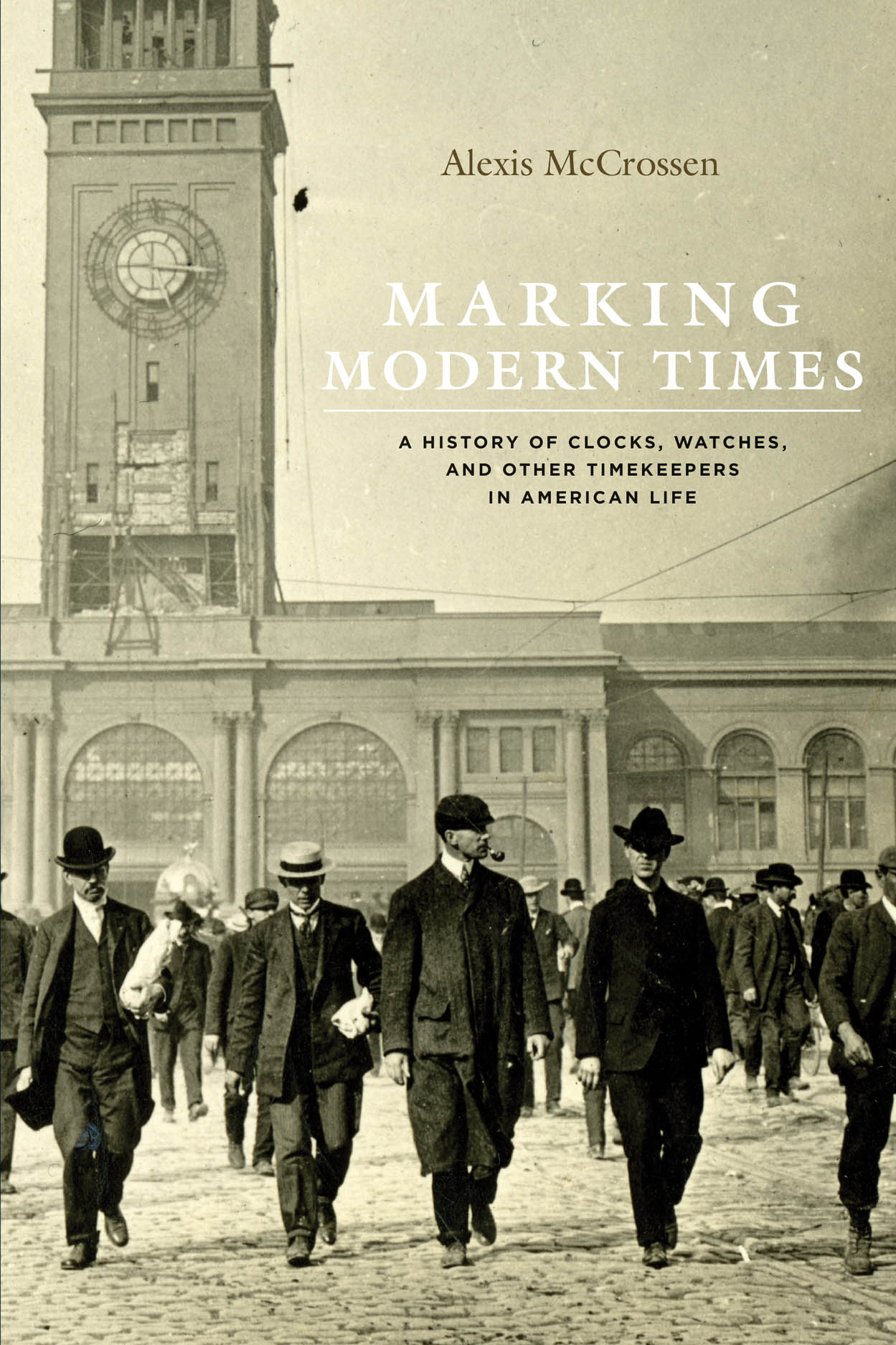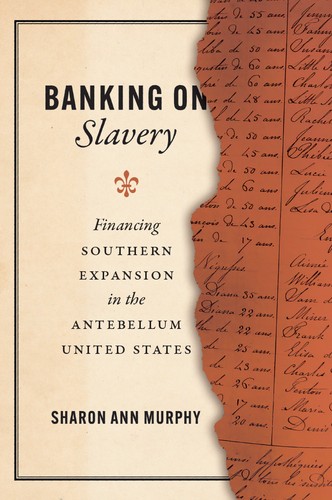Ben Waber reviewed The Doctor Who Wasn't There by Jeremy A. Greene
An Incredible Tour Through Technological and Medical History
5 stars
Medicine always seems to be entangled with the latest technological fads, and here Greene analyzes this fascinating and important history. Importantly, he shows how misguided technological determinism is, with many technologies sputtering and failing despite promise. In addition, practitioners often drove innovation in this space, with familiarity with CCTV encouraging doctors at MGH to develop a novel "video calling" telemedicine system for their clinic at Logan Airport. With all of the recent hype around using AI for medical purposes, this book is a must read. Highly recommend
Medicine always seems to be entangled with the latest technological fads, and here Greene analyzes this fascinating and important history. Importantly, he shows how misguided technological determinism is, with many technologies sputtering and failing despite promise. In addition, practitioners often drove innovation in this space, with familiarity with CCTV encouraging doctors at MGH to develop a novel "video calling" telemedicine system for their clinic at Logan Airport. With all of the recent hype around using AI for medical purposes, this book is a must read. Highly recommend








